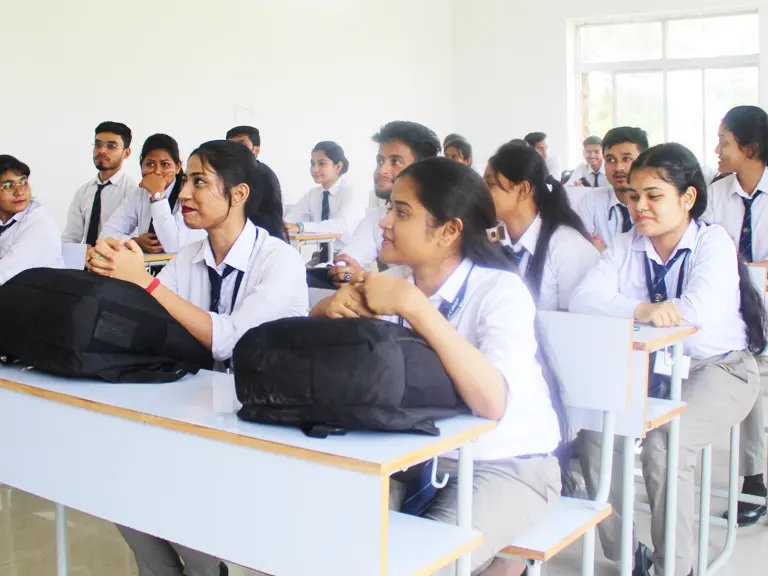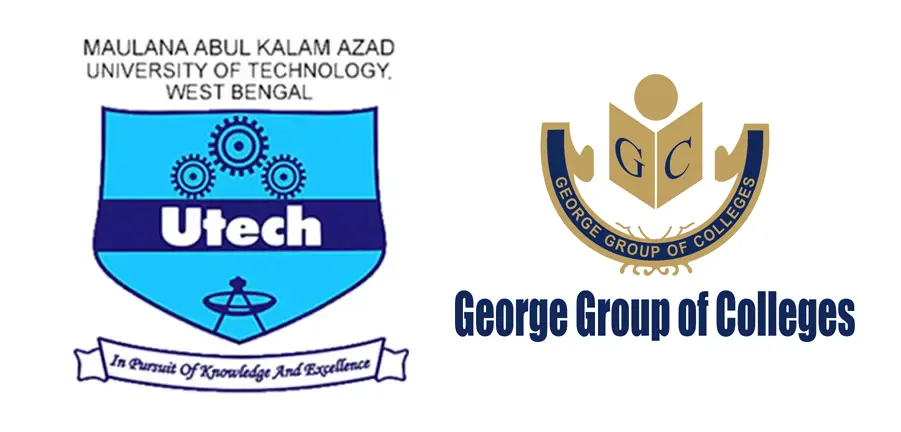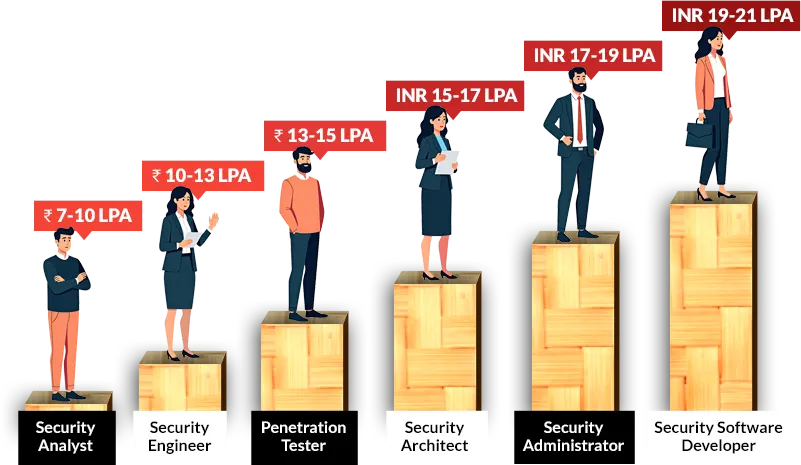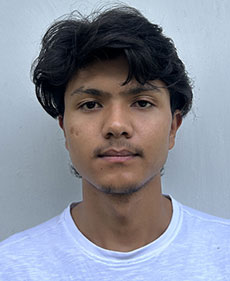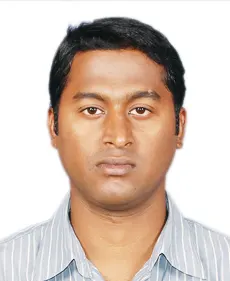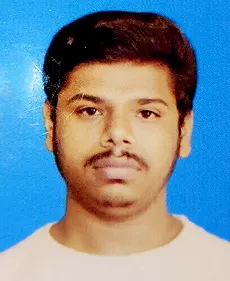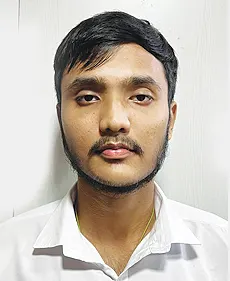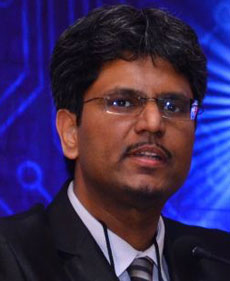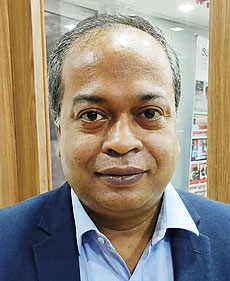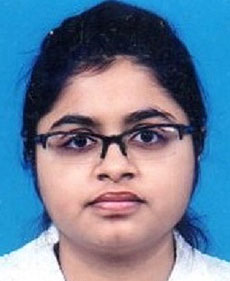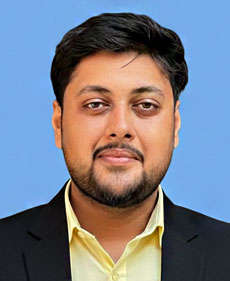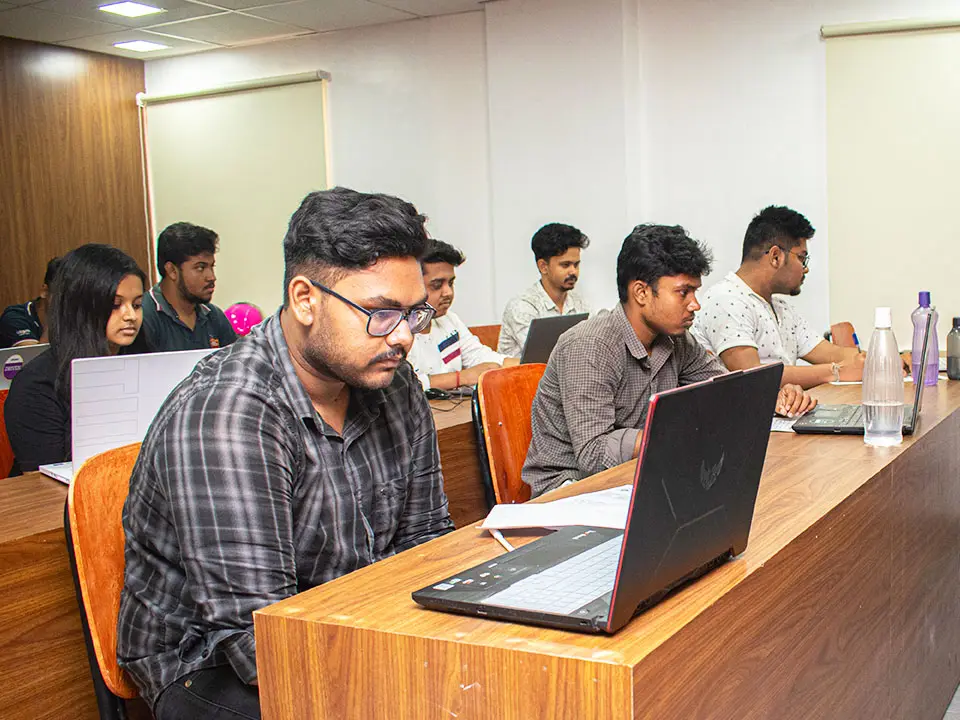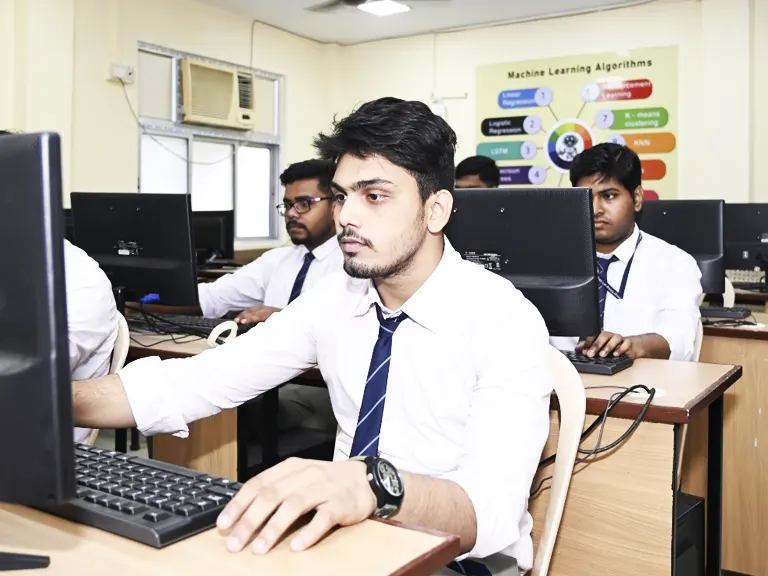Thank you for choosing to be part of our community at Indian School of Anti Hacking, doing business as ISOAH (“ISOAH”, “we”, “us”, or “our”). We are committed to protecting your personal information and your right to privacy. If you have any questions or concerns about this privacy notice, or our practices with regards to your personal information, please contact us at [email protected].
When you visit our website https://www.isoeh.com/ (the "Website"), and more generally, use any of our services (the "Services", which include the Website), we appreciate that you are trusting us with your personal information. We take your privacy very seriously. In this privacy notice, we seek to explain to you in the clearest way possible what information we collect, how we use it and what rights you have in relation to it. We hope you take some time to read through it carefully, as it is important. If there are any terms in this privacy notice that you do not agree with, please discontinue use of our Services immediately.
This privacy notice applies to all information collected through our Services (which, as described above, includes our Website), as well as any related services, sales, marketing or events.
Please read this privacy notice carefully as it will help you understand what we do with the information that we collect.
TABLE OF CONTENTS
- WHAT INFORMATION DO WE COLLECT
- HOW DO WE USE YOUR INFORMATION?
- WILL YOUR INFORMATION BE SHARED WITH ANYONE?
- DO WE USE COOKIES AND OTHER TRACKING TECHNOLOGIES?
- DO WE USE GOOGLE MAPS?
- IS YOUR INFORMATION TRANSFERRED INTERNATIONALLY?
- HOW LONG DO WE KEEP YOUR INFORMATION?
- HOW DO WE KEEP YOUR INFORMATION SAFE?
- WHAT ARE YOUR PRIVACY RIGHTS?
- CONTROLS FOR DO-NOT-TRACK FEATURES
- DO WE MAKE UPDATES TO THIS NOTICE?
- HOW CAN YOU CONTACT US ABOUT THIS NOTICE?
1. WHAT INFORMATION DO WE COLLECT?
Information collected from other sources
In Short: We may collect limited data from public databases, marketing partners, and other outside sources.
In order to enhance our ability to provide relevant marketing, offers and services to you and update our records, we may obtain information about you from other sources, such as public databases, joint marketing partners, affiliate programs, data providers, as well as from other third parties. This information includes mailing addresses, job titles, email addresses, phone numbers, intent data (or user behavior data), Internet Protocol (IP) addresses, social media profiles, social media URLs and custom profiles, for purposes of targeted advertising and event promotion.
2. HOW DO WE USE YOUR INFORMATION?
In Short: We process your information for purposes based on legitimate business interests, the fulfillment of our contract with you, compliance with our legal obligations, and/or your consent.
We use personal information collected via our Website for a variety of business purposes described below. We process your personal information for these purposes in reliance on our legitimate business interests, in order to enter into or perform a contract with you, with your consent, and/or for compliance with our legal obligations. We indicate the specific processing grounds we rely on next to each purpose listed below.
We use the information we collect or receive:
- To facilitate account creation and logon process. If you choose to link your account with us to a third-party account (such as your Google or Facebook account), we use the information you allowed us to collect from those third parties to facilitate account creation and logon process for the performance of the contract.
- To post testimonials. We post testimonials on our Website that may contain personal information. Prior to posting a testimonial, we will obtain your consent to use your name and the consent of the testimonial. If you wish to update, or delete your testimonial, please contact us at [email protected] and be sure to include your name, testimonial location, and contact information.
- Request feedback. We may use your information to request feedback and to contact you about your use of our Website.
- To enable user-to-user communications. We may use your information in order to enable user-to-user communications with each user's consent.
- To manage user accounts. We may use your information for the purposes of managing our account and keeping it in working order.
- To send you marketing and promotional communications. We and/or our third-party marketing partners may use the personal information you send to us for our marketing purposes, if this is in accordance with your marketing preferences. For example, when expressing an interest in obtaining information about us or our Website, subscribing to marketing or otherwise contacting us, we will collect personal information from you. You can opt-out of our marketing emails at any time (see the "WHAT ARE YOUR PRIVACY RIGHTS" below).
- Deliver targeted advertising to you. We may use your information to develop and display personalized content and advertising (and work with third parties who do so) tailored to your interests and/or location and to measure its effectiveness.
3. WILL YOUR INFORMATION BE SHARED WITH ANYONE?
In Short: We only share nformation with your consent, to comply with laws, to provide you with services, to protect your rights, or to fulfill business obligations.
We may process or share your data that we hold based on the following legal basis:
- Consent: We may process your data if you have given us specific consent to use your personal information in a specific purpose.
- Legitimate Interests: We may process your data when it is reasonably necessary to achieve our legitimate business interests.
- Performance of a Contract: Where we have entered into a contract with you, we may process your personal information to fulfill the terms of our contract.
- Legal Obligations: We may disclose your information where we are legally required to do so in order to comply with applicable law, governmental requests, a judicial proceeding, court order, or legal process, such as in response to a court order or a subpoena (including in response to public authorities to meet national security or law enforcement requirements).
- Vital Interests: We may disclose your information where we believe it is necessary to investigate, prevent, or take action regarding potential violations of our policies, suspected fraud, situations involving potential threats to the safety of any person and illegal activities, or as evidence in litigation in which we are involved.
More specifically, we may need to process your data or share your personal information in the following situations:
- Business Transfers. We may share or transfer your information in connection with, or during negotiations of, any merger, sale of company assets, financing, or acquisition of all or a portion of our business to another company.
4. DO WE USE COOKIES AND OTHER TRACKING TECHNOLOGIES?
In Short: We may use cookies and other tracking technologies to collect and store your information.
We may use cookies and similar tracking technologies (like web beacons and pixels) to access or store information. Specific information about how we use such technologies and how you can refuse certain cookies is set out in our Cookie Notice.
5. DO WE USE GOOGLE MAPS?
In Short: Yes, we use Google Maps for the purpose of providing better service.
This Website uses Google Maps APIs which is subject to Google's Terms of Service. You may find the Google Maps APIs Terms of Service here. To find out more about Google’s Privacy Policy, please refer to this link.
6. IS YOUR INFORMATION TRANSFERRED INTERNATIONALLY?
In Short: We may transfer, store, and process your information in countries other than your own.
Our servers are located in. If you are accessing our Website from outside, please be aware that your information may be transferred to, stored, and processed by us in our facilities and by those third parties with whom we may share your personal information (see "WILL YOUR INFORMATION BE SHARED WITH ANYONE?" above), in and other countries.
If you are a resident in the European Economic Area, then these countries may not necessarily have data protection laws or other similar laws as comprehensive as those in your country. We will however take all necessary measures to protect your personal information in accordance with this privacy notice and applicable law.
7. HOW LONG DO WE KEEP YOUR INFORMATION?
In Short: We keep your information for as long as necessary to fulfill the purposes outlined in this privacy notice unless otherwise required by law.
We will only keep your personal information for as long as it is necessary for the purposes set out in this privacy notice, unless a longer retention period is required or permitted by law (such as tax, accounting or other legal requirements). No purpose in this notice will require us keeping your personal information for longer than 1 year.
When we have no ongoing legitimate business need to process your personal information, we will either delete or anonymize such information, or, if this is not possible (for example, because your personal information has been stored in backup archives), then we will securely store your personal information and isolate it from any further processing until deletion is possible.
8. HOW DO WE KEEP YOUR INFORMATION SAFE?
In Short: We aim to protect your personal information through a system of organizational and technical security measures.
We have implemented appropriate technical and organizational security measures designed to protect the security of any personal information we process. However, despite our safeguards and efforts to secure your information, no electronic transmission over the Internet or information storage technology can be guaranteed to be 100% secure, so we cannot promise or guarantee that hackers, cybercriminals, or other unauthorized third parties will not be able to defeat our security, and improperly collect, access, steal, or modify your information. Although we will do our best to protect your personal information, transmission of personal information to and from our Website is at your own risk. You should only access the Website within a secure environment.
9. WHAT ARE YOUR PRIVACY RIGHTS?
In Short: You may review, change, or terminate your account at any time.
If you are resident in the European Economic Area and you believe we are unlawfully processing your personal information, you also have the right to complain to your local data protection supervisory authority. You can find their contact details here: http://ec.europa.eu/justice/data-protection/bodies/authorities/index_en.htm.
If you are resident in Switzerland, the contact details for the data protection authorities are available here: https://www.edoeb.admin.ch/edoeb/en/home.html.
Cookies and similar technologies: Most Web browsers are set to accept cookies by default. If you prefer, you can usually choose to set your browser to remove cookies and to reject cookies. If you choose to remove cookies or reject cookies, this could affect certain features or services of our Website. To opt-out of interest-based advertising by advertisers on our Website visit http://www.aboutads.info/choices/.
10. CONTROLS FOR DO-NOT-TRACK FEATURES
Most web browsers and some mobile operating systems and mobile applications include a Do-Not-Track (“DNT”) feature or setting you can activate to signal your privacy preference not to have data about your online browsing activities monitored and collected. At this stage, no uniform technology standard for recognizing and implementing DNT signals has been finalized. As such, we do not currently respond to DNT browser signals or any other mechanism that automatically communicates your choice not to be tracked online. If a standard for online tracking is adopted that we must follow in the future, we will inform you about that practice in a revised version of this privacy notice.
11. DO WE MAKE UPDATES TO THIS NOTICE?
In Short: Yes, we will update this notice as necessary to stay compliant with relevant laws.
We may update this privacy notice from time to time. The updated version will be indicated by an updated "Revised" date and the updated version will be effective as soon as it is accessible. If we make material changes to this privacy notice, we may notify you either by prominently posting a notice of such changes or by directly sending you a notification. We encourage you to review this privacy notice frequently to be informed of how we are protecting your information.
12. HOW CAN YOU CONTACT US ABOUT THIS NOTICE?
If you have questions or comments about this notice, you may email us at
[email protected] or by post to:
Indian School of Anti Hacking
ISOAH, Kariwala Towers, 4th Floor, Plot J/1-5, Block EP,
Sector V, Saltlake City
Kolkata, West Bengal 700091
India
HOW CAN YOU REVIEW, UPDATE, OR DELETE THE DATA WE COLLECT FROM YOU?
Based on the applicable laws of your country, you may have the right to request access to the personal information we collect from you, change that information, or delete it in some circumstances. To request to review, update, or delete your personal information, please submit a request form by clicking here. We will respond to your request within 30 days.
